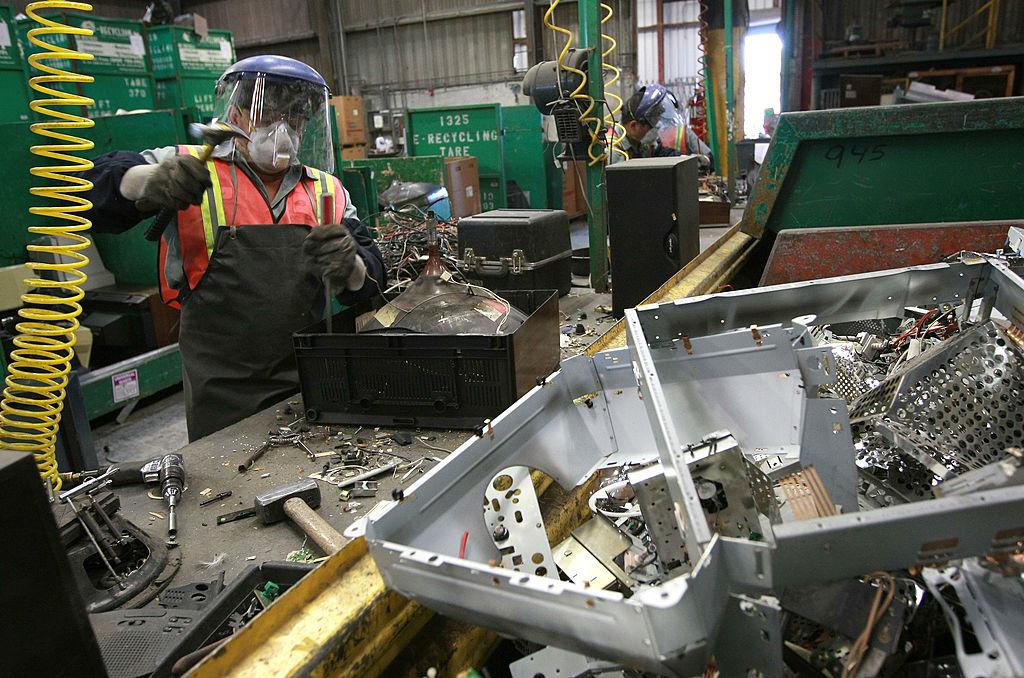A California bill aimed at further regulating exports of electronic waste was signed into law Oct. 4 by Gov. Gavin Newsom.
Senate Bill 568, authored by Sen. Josh Newman (D-Fullerton), now requires those exporting electronic waste or electronic devices to other states or foreign countries for recycling or disposal to demonstrate that such cannot be done by an in-state recycler at least 60 days before exporting.





